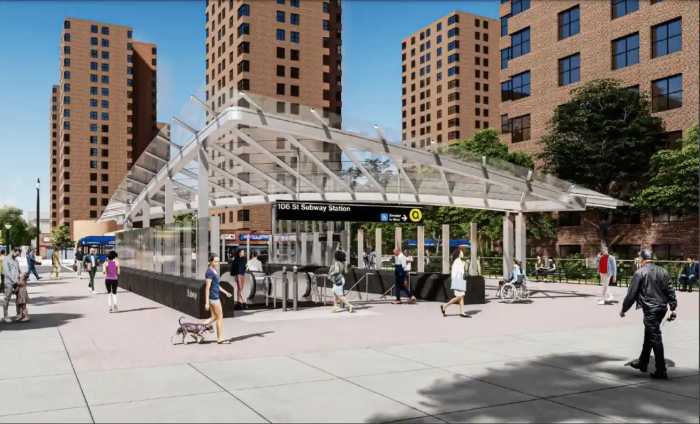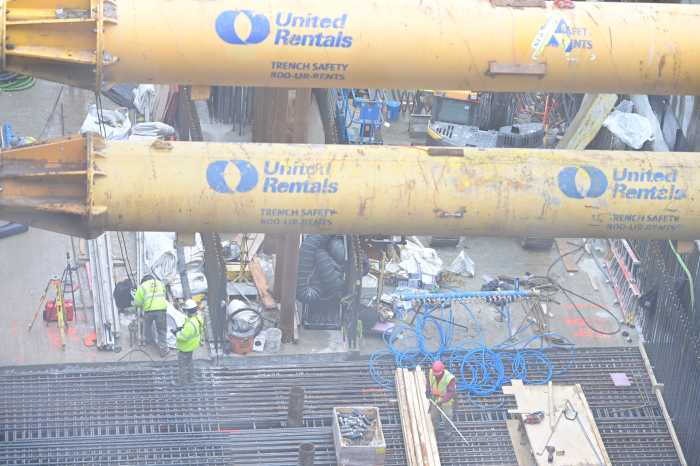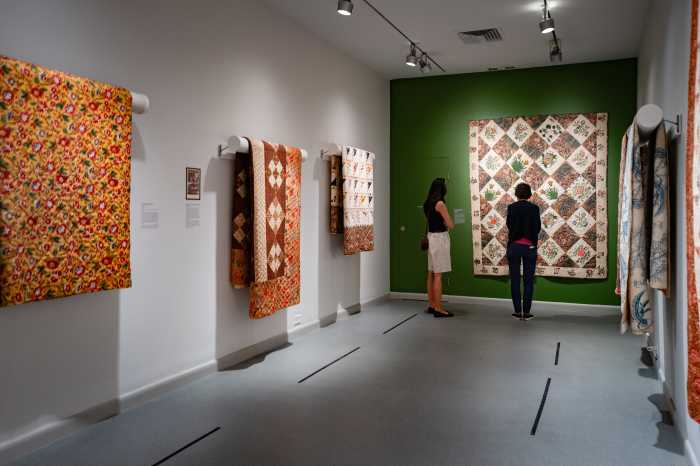Following two reported driver suicides in recent months, officials from the Taxi & Limousine Commission on Monday promised to aid the struggling black car and taxi industries as the surging growth of ride-hailing services financially strains thousands of drivers.
TLC Commissioner Meera Joshi said her department would pursue base wages for e-hail drivers working for Uber, Lyft and other app-based companies during tense testimony at the first meeting of the City Council’s newly formed For-Hire Vehicle Committee. But she argued that a “stressful” work environment would continue without capping the number of vehicles on the road.
“We have an incredible increase in the number of drivers and vehicles … what drivers were able to make a few years ago, it becomes much more difficult today when they’re competing among 180,000 drivers,” Joshi said. “The expanding industry will continue to make driving a very stressful career without any kind of growth control mechanism.”
With the rise of Uber and Lyft, classified as black cars, the number of TLC-licensed drivers has ballooned from about 130,000 drivers and 74,000 vehicles in 2014 to current totals of about 180,000 drivers and 130,000 vehicles. That 38-percent increase in drivers came as Mayor Bill de Blasio tried and failed to institute a cap on the e-hail industry.
Joshi’s testimony came at a difficult time for the city. Last week, Doug Schifter, a for-hire driver, took his own life by shooting himself in front of City Hall. The driver, 61, had penned a long Facebook post before his death, blaming his ailing finances on the growing e-hail industry, and elected officials for failing to regulate the changing landscape. Several weeks earlier, city lawmakers said livery driver Danilo Corporan Castillo, 57, also killed himself as he faced the threat of losing his TLC license. He had been caught making an illegal street hail for the fifth time.
City lawmakers pressed the commission Monday for answers on the enforcement of street hail violations in light of the deaths. Disgruntled TLC drivers packed the City Council chambers, occasionally interrupting testimony with cheers as Bronx Councilman Ruben Diaz Sr., the committee’s chair, criticized the commission for what he described as its “high” and unforgiving fine structure.
But those fines were set by the council in years past as illegal street hails became more prevalent. Currently, for-hire drivers taking illegal street hails face fines of $500 for the first offense and a revocation of their license after the third offense. Those penalties increase in Manhattan’s crowded central business district, where first-offense fines begin at $2,000 and increase to up to $10,000 with license revocation after the third offense.
The TLC issued a combined 17,240 summonses last year for illegal street hails and unlicensed driving and another 47,596 summonses for other offenses.
Bhairavi Desai, president of the National Taxi Workers Alliance, which represents city cabbies, said an e-hail cap would benefit all sectors of the industry and that illegal street hails were a symptom of a broken system.
“Illegal street hails are always the result of people not having enough work. Drivers don’t want to engage in illegal street hails. Not only are they vulnerable to a summons but also there is no coverage of insurance and lesser security in case the passenger commits an act of violence,” said Desai.” The city needs to find solutions that do not pit drivers against each other. The solutions have to elevate the incomes for all drivers across all sectors.”





































